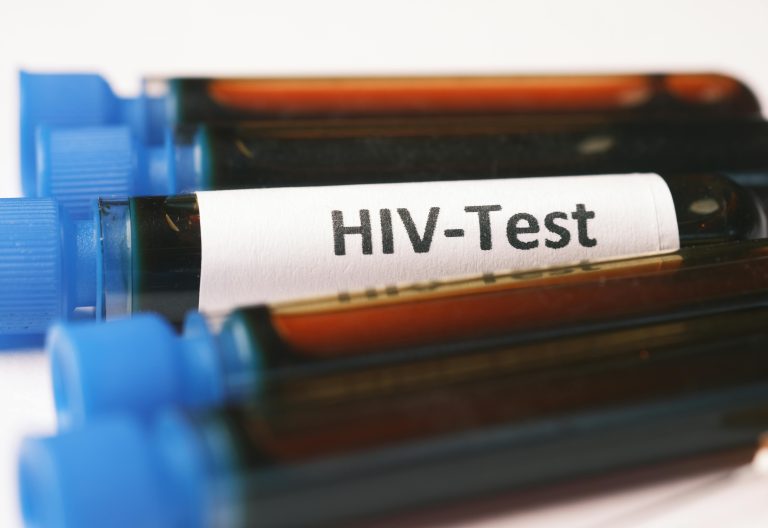Hard-worn anti-HIV gains maybe lost

Kenya’s hard-won progress in the fight against HIV is now at risk of slipping away, not because science has failed us, but because our priorities have.
According to the latest national data, the number of people starting on pre-exposure prophylaxis (PrEP,) the daily pill proven to prevent HIV infection has dropped by an alarming 49 per cent.
Between January and March 2024, 55,876 Kenyans started PrEP. Over the same period this year, that number shrank to just 28,648.
The sharp decline did not happen by accident. For years, Kenya’s HIV prevention efforts have relied almost entirely on foreign aid, particularly from the US government.
Now, as the US shifts its funding priorities from prevention to treatment and essential services for people already living with HIV, a huge gap has opened up, and so far, our government has done little to fill it.
PrEP is one of the best tools for preventing HIV. When taken correctly, it lowers the risk of getting HIV from sex by about 99 per cent.
It has given thousands of young women, sex workers, men who have sex with men, and other high-risk groups control over their own health in ways that old prevention methods could not.
Yet today, many who need PrEP cannot access it easily, either because it is unavailable at their local facility or because outreach efforts have slowed down due to a lack of funds.
When a country removes prevention tools from people who need them most, it opens the tap for new infections to flow.
More new infections mean more people needing lifelong treatment, more strain on an already stretched health system, and more families affected by a virus we know how to stop.
Prevention is the first and most cost-effective line of defence against HIV. Every new infection we stop today means one less person needing lifelong treatment, fewer families burdened by illness, and less pressure on our already strained health system.
Investing in prevention protects the next generation and keeps Kenya on track to end HIV as a public health threat.
Without robust prevention, we risk undoing decades of progress and opening the door to a new wave of avoidable infections.
It is time for Kenya to step up. We must stop treating HIV prevention as a donor responsibility.
The government must allocate a clear budget for HIV prevention tools procurement, distribution, and community outreach.
Prevention services must be integrated into primary health care and made available and affordable for everyone who needs them.
For too long, we have focused our energy on treatment and care for those already living with HIV, and that is important.
But ignoring prevention is like mopping a floor while the tap is still running.
Kenya must protect what we have built and back our commitment to ending new HIV infections with real budgets and real action. Only then can we keep the promise of an HIV-free future alive.
The writer is a Science Reporter with People Daily and PD Wikendi















